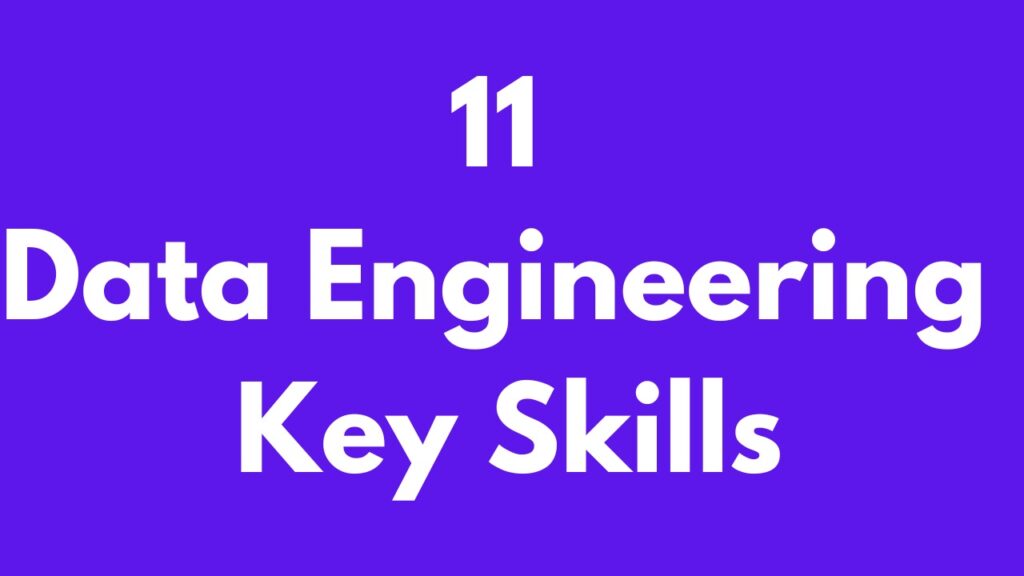
By Ravit Jain
Data modeling: The ability to design and implement efficient and effective data models for storing and querying data.
Data warehousing: Knowledge of data warehousing concepts and technologies, including data marts, star and snowflake schemas, and ETL processes.
SQL: Proficiency in writing and optimizing SQL queries for data retrieval and manipulation.
Data storage and processing: Understanding of different types of data storage systems (e.g. relational databases, NoSQL databases, data lakes) and data processing technologies (e.g. Hadoop, Spark).
Cloud computing: Knowledge of cloud-based data storage and processing services, such as Amazon S3, Azure Data Lake, and Google BigQuery.
Programming: Strong programming skills in one or more languages commonly used for data engineering, such as Python, Java, or Scala.
Data pipeline development: Experience designing and implementing data pipelines for data extraction, transformation, and loading.
Data governance: Understanding of data governance best practices, including data quality, data lineage, and data security.
Data visualization: Knowledge of data visualization tools and techniques for creating interactive visualizations and dashboards.
Machine Learning: Familiarity with machine learning concepts and technologies, and experience with integrating machine learning models into data pipelines.
Agile development: Familiarity with agile development methodologies, and experience working in cross-functional teams.
It’s worth noting that these are just a subset of skills required for data engineering as the field is quite vast and it’s hard to specify all the skills required. However, having a solid foundation in these skills can help a data engineer to be successful in their role.
